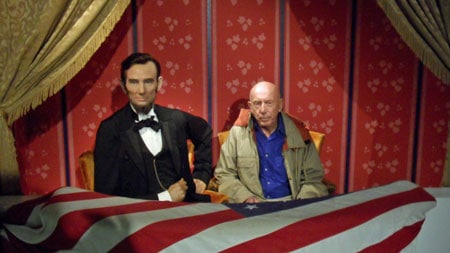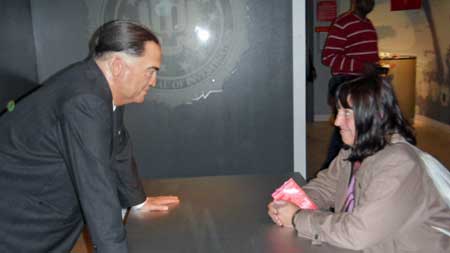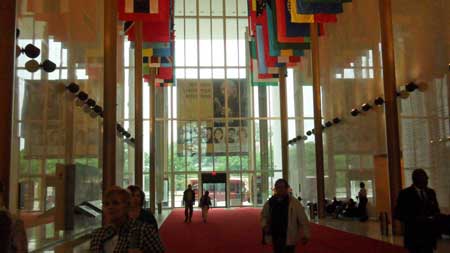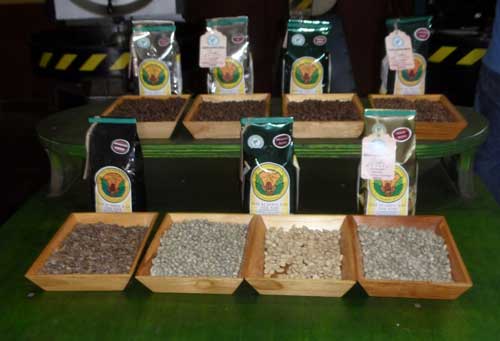May 13 – 14, 2011
By Judy J. Pinegar

Awaking in time to catch the 8:20 am Train to Washington DC, we soon arrived at Union Station. Beautifully restored, with fantastic food venues I had to drool over even though my tummy was full from breakfast. On the way outside, we found a Double Decker Bus Tour, promising overview tours of the city, and decided that this was the best way to start… with an overview. After the “red line” tour through central DC and the monuments, we got off at Ford’s Theater, where President Lincoln was assassinated. We discovered reservations were needed (now set for next Monday afternoon) and that the house across the street where he died was closed for renovations!
Humm… so we visited a wax museum while waiting for the “yellow line” tour.

The yellow line is more of a residential and hotel tour to the north and west of central DC. After a stop for lunch (Thai) we finished the circuit in time to get off in “foggy bottom” (home of George Washington University) for a walk to the JFK Performing Arts Theater where we had been promised a tour. Very nice, through the three major theaters, and many minor theaters with lovely sights along the way, gifts from other countries, presidential suites, etc.
That ended our first day in Washington DC (after Turkish Food)
Saturday, after a late sleep, Pat drove us to Mount Vernon, truly a wonderfully restored and very educational site to visit. We discovered much more about George Washington than two Californians had ever known. What a man! After winning the war against the British, he could have gone on to military rule of the country, a king, or a dictator as so many generals became after winning major wars. Think of Caesar in Rome as an example.
His enormous stature and political skills kept Congress, the army, the French, the militias, and the states all pointed toward a common goal. By voluntarily stepping down and disbanding his army when the war was won, he permanently established the principle of civilian supremacy in military affairs. And yet his constant reiteration of the point that well-disciplined professional soldiers counted for twice as much as erratic amateurs helped overcome the ideological distrust of a standing army. Yet, he wanted the people to be in control of this great nation and not to be ruled by a king or the military.
We discovered he was not one of the signers of the Declaration of Independence it because he was with his army at the time. And that he really thought of himself as more of a farmer than a soldier or statesman. He made wonderful inventions to assist in his farming process, and had over 8,000 acres of farms in Virginia alone (plus he owned land elsewhere in the country.) P.S. his teeth were NEVER made out of wood!
product-of-plantation

